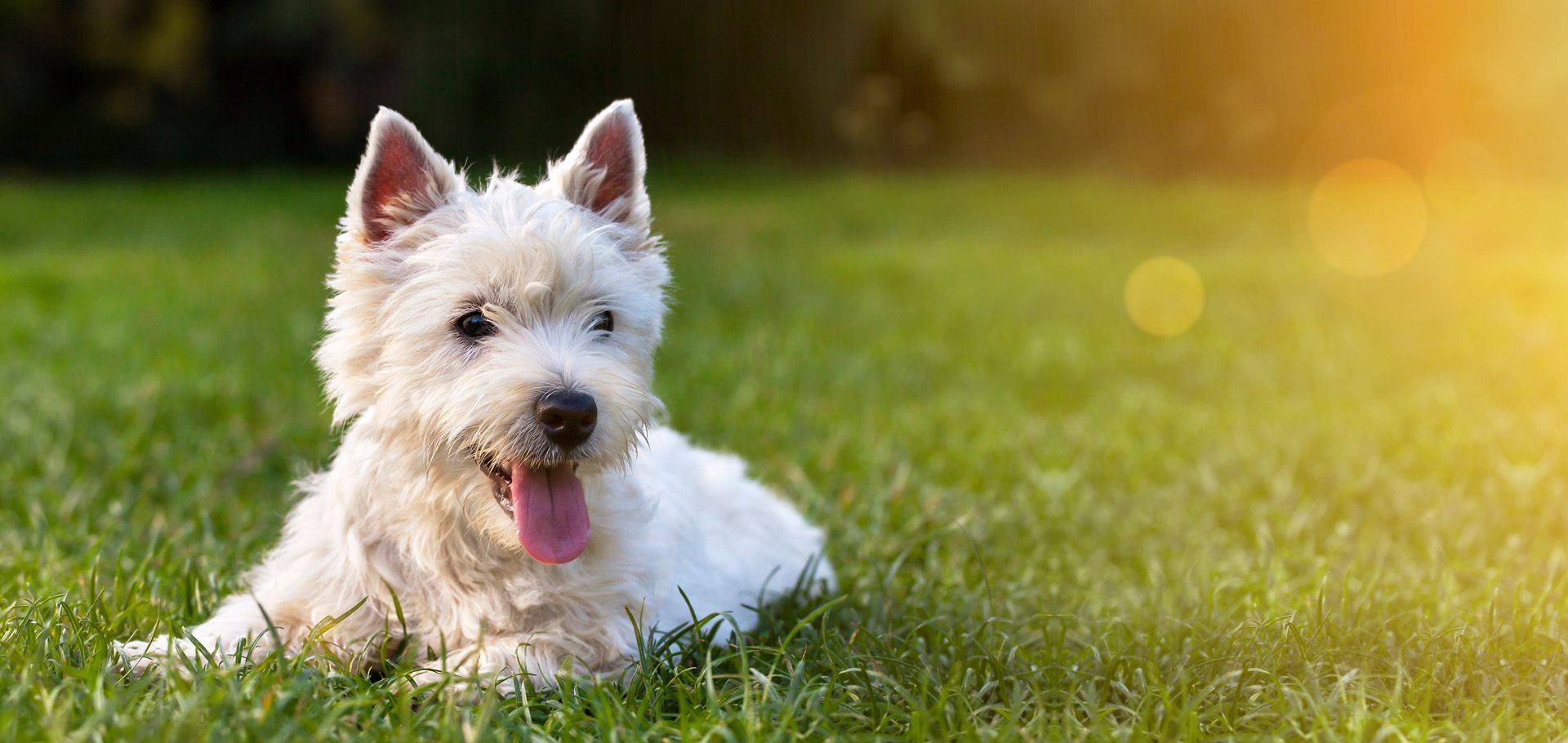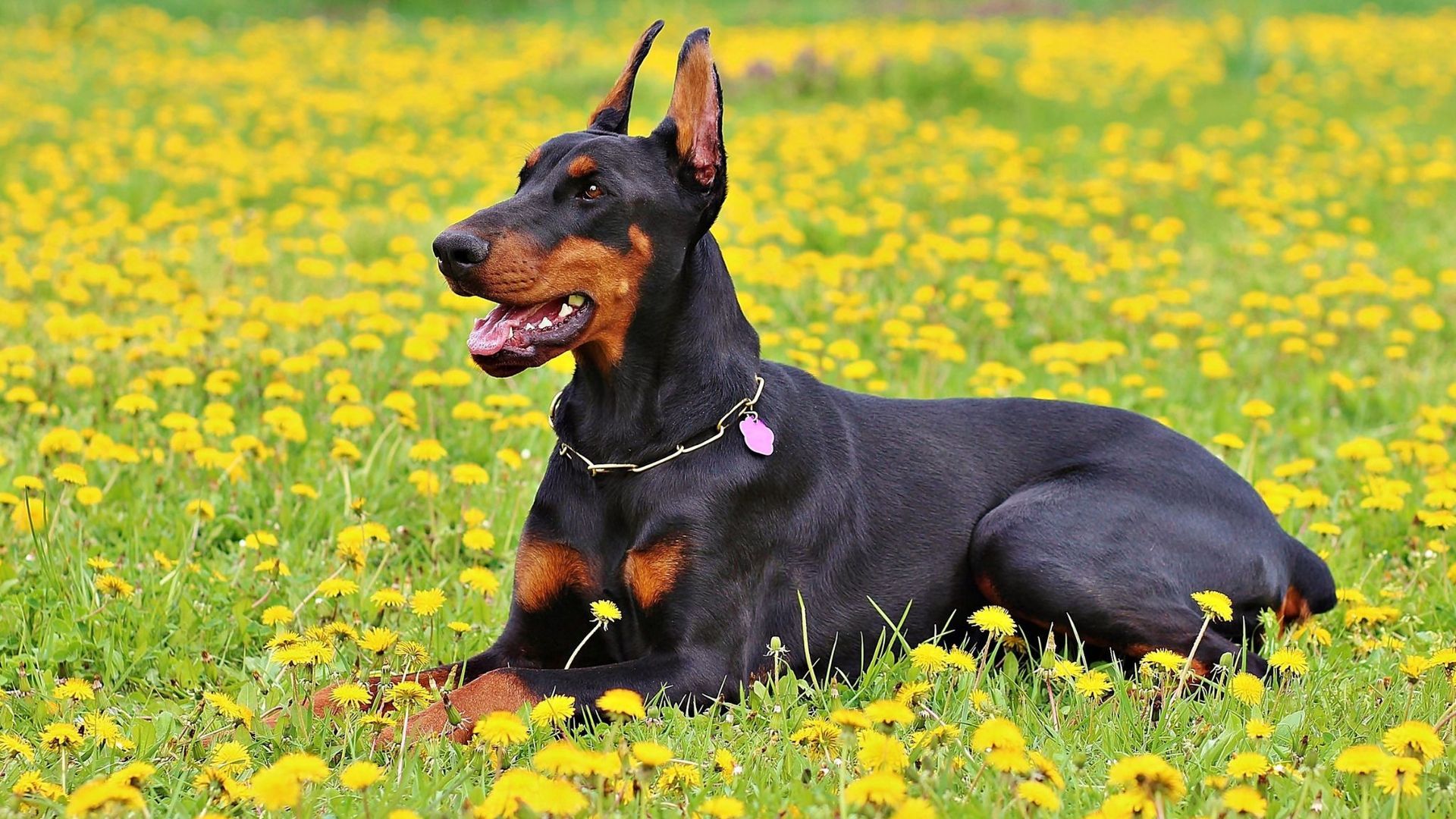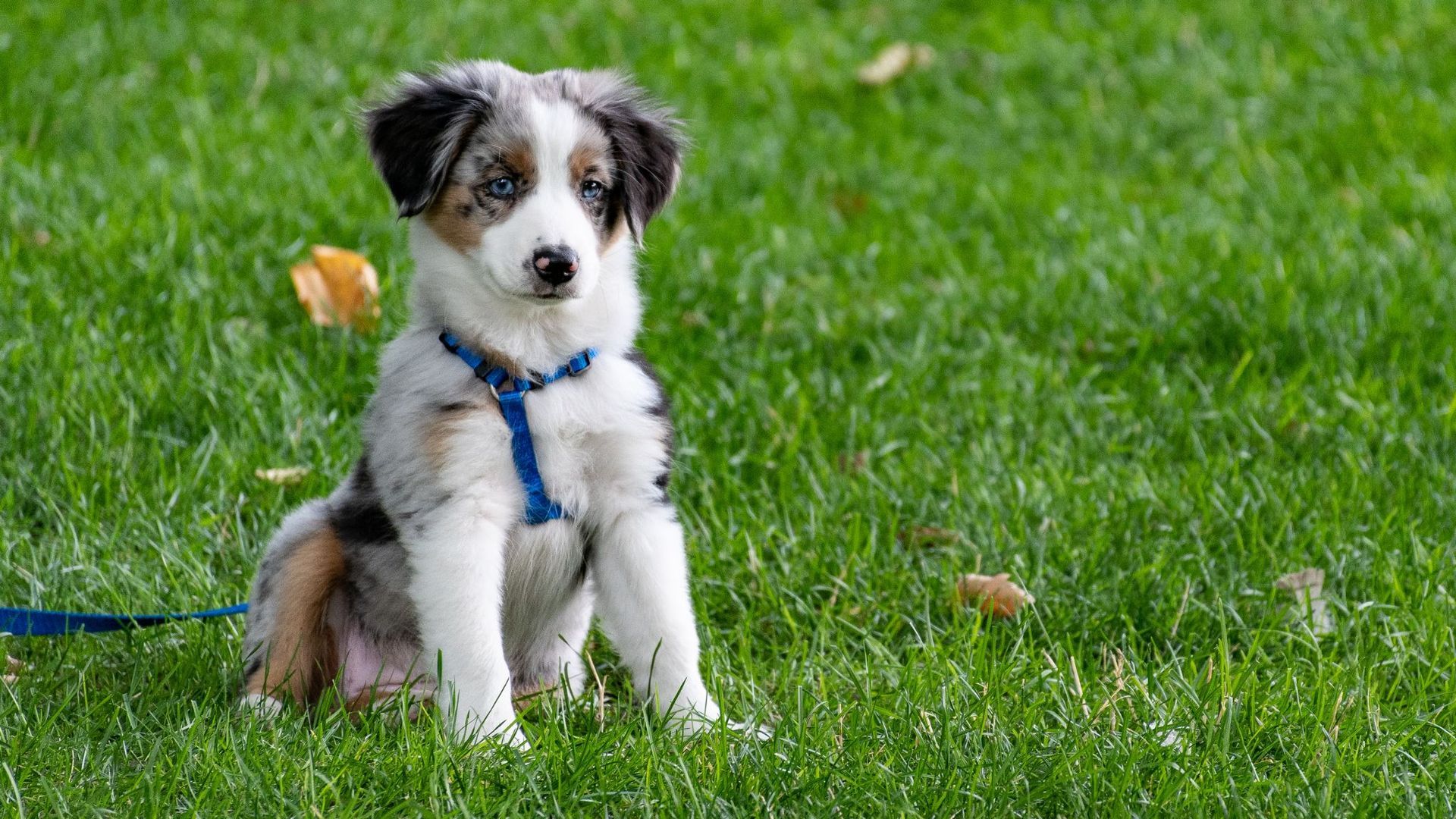
You ever notice your furry friend is munching on some soil? While this is not uncommon behavior, it’s the amount of dirt that they’re eating is what every owner should be concerned of. If they’re consuming a lot more dirt than usual, then that behavior raises some red flags.
In this blog, we’re going to discuss more into detail about this behavior among dogs and at what point it becomes concerning. We’re also going to share you tips on how to prevent your furbaby from ever eating dirt again.
Is Eating Dirt Common for Dogs?
A lot of dog owners may wonder whether it's normal for their furry companions to munch on dirt. While occasional dirt ingestion isn’t exactly harmful, frequent or excessive dirt-eating can indicate an underlying issue.
Dogs explore the world through their mouths, and dirt may simply be one of the many textures they find intriguing. This behavior varies from one dog to another and may be influenced by factors such as breed, age, and overall health.
It’s important for every dog owner to understand the prevalence of dirt-eating in dogs. This involves recognizing that dogs have different ways of interacting with their environment. Some dogs are more curious than others, meaning they’re naturally inclined to investigate and taste various substances. Others may show little interest in consuming non-food items.
Is Eating Dirt Bad?
Generally speaking, eating small amounts of dirt might not harm your dog, but excessive consumption can lead to health problems. It's essential to monitor your dog's behavior and intervene if you notice a persistent habit of eating dirt. While dirt itself may not be toxic, it can contain harmful substances such as pesticides, fertilizers, or parasites, posing a risk to your dog's well-being.
Why Does My Dog Eat Dirt?
“Why does my dog eat dirt?” is a question that every dog owner has wondered about. There are a variety of reasons as to why your pup is munching on dirt. Reasons include boredom, anxiety, and even pica behavior. Let’s discuss the most common reasons why your dog is eating dirt in full detail.
Boredom
Dogs are just like us! They can get bored, and when left without proper stimulation, they may resort to unusual behaviors such as eating dirt. Ensuring your dog has sufficient mental and physical exercise is crucial to prevent boredom-induced dirt munching. Interactive toys, puzzle feeders, and regular playtime can keep your dog engaged and less likely to seek entertainment by eating dirt
Anxiety
Stress and anxiety can manifest in various ways in dogs, and eating dirt might be one of them. If your dog has anxiety or tends to get stress, then it’s possible that this could be the reason why they eat dirt. Identify the sources of stress in your dog's environment and work on creating a calmer atmosphere through comforting routines and safe spaces. Additionally, try activities such as giving them soothing massages or playing calming music for them to listen to so it can alleviate your furry friend’s anxiety.
Pica Behavior
Did you know pica behavior exists in dogs too? Pica is a condition where dogs eat non-food items, including dirt. This behavior can be triggered by nutritional deficiencies, so it's important for you to address your dog's diet and make sure they're getting the necessary nutrients. For a proper diagnosis and better recommendations, consult with your vet so they can determine the best nutritional balance based on your dog's breed, age, and health condition.
Nutritional Deficiency
When your dog lacks the proper nutrients, it can affect them in so many ways. This can also lead them to eating dirt as a way to look for alternative sources of nutrition. Common nutritional deficiencies such as iron, zinc, and fiber may contribute to dirt-eating habits. It’s best to consult your vet so you can make sure your dog's diet is well-rounded and to discuss potential supplements if needed.
Anemia
Anemia is described by a shortage of red blood cells. When dogs have anemia, it can lead them to eat dirt due to a potential craving for minerals like iron. Having regular veterinary check-ups helps to identify and address underlying health issues. If you want to find out if your dog’s anemic, then consult your vet for blood tests. Administering them helps to determine if your dog is anemic, and the vet may also advise specific treatments or dietary adjustments.
Medical Conditions
There are certain medical conditions such as gastrointestinal problems or digestive disorders that can trigger dogs to eat dirt. Regular vet visits and proper diagnostics helps to identify and manage these conditions effectively. Conditions such as inflammatory bowel disease or malabsorption issues are factors that contribute to dirt-eating. It’s important to address these underlying problems in order so that your dog’s overall health is in tip-top shape!
How to Prevent Your Dog from Eating Dirt
If you’re worried that your dog is going to want to eat dirt for the rest of their life, then don’t worry! You can always do things that’ll help prevent them from constantly doing this habit. Here are some effective ways to prevent your dog from eating dirt.
Take Them to the Vet
If you notice a sudden change in your dog's behavior, such as eating dirt, then take them to the vet as soon as you can. Rule out any underlying health issues that may be triggering this behavior. Your vet can perform a thorough examination, conduct blood tests, and recommend appropriate treatments or dietary adjustments.
Give Them a Healthy Diet
Is your dog getting a well-balanced and nutritious diet? Make sure that they do in order to minimize their chances of craving for dirt. If you’re unsure of what diet to give them, then it’s best to consult your vet about it so they can recommend the most suitable diet for your dog'. Don’t skimp out on their food! Avoid giving them scraps and cheap treats, choose high-quality dog food that meets nutritional standards.
Train Them
Basic obedience training is a powerful tool in preventing unwanted behaviors. Teaching them commands like "leave it" and "drop it" can help you intervene when your dog shows an interest in eating dirt. Positive reinforcement techniques, such as rewarding good behavior, can reinforce desired actions and discourage undesirable ones.
Keep Them Entertained
We’re not saying you should spoil them with tons of toys, but giving them a variety to play with can keep your dog mentally stimulated. A mentally active dog is less likely to resort to unusual behaviors out of boredom. Puzzle toys, treat-dispensing toys, and regular play sessions can contribute to a fulfilled and content doggy.
Take Them Out on Walks
Regular walks not only provide exercise but also allow your dog to explore and satisfy their natural curiosity. Your dog is most likely going to be tired after the walk and will less likely engage in undesirable behaviors at home.
Remove Potted Plants
If your dog has a knack for eating dirt from potted plants, consider removing or relocating them. Replace the soil with pet-safe alternatives if you still want indoor greenery. Some dogs are attracted to the smell or texture of certain soils, and removing the temptation can be a simple yet effective preventive measure.
Use Deterrents
Sprays and deterrents designed to discourage dogs from certain behaviors can be effective. Consult with your vet to choose a safe and suitable product for your dog. These deterrents often have a bitter taste or unpleasant smell, dissuading dogs from engaging in unwanted activities like eating dirt. Consistency in using deterrents is key for them to be effective.
What to Do if Your Dog Eats Dirt
If you catch your dog in the act of eating dirt, try to redirect their attention to a more appropriate activity. Offer a favorite toy or engage in a game to distract them from the dirt. Monitor their behavior closely for any signs of distress or illness in the hours following dirt ingestion. If you're concerned, contact your vet for advice on whether further action is needed based on your dog's specific situation.
Conclusion
Understanding why your dog eats dirt is the first step in addressing and preventing this behavior. Regular vet check-ups, a healthy diet, proper training, and ample mental and physical stimulation can go a long way in keeping your furbaby happy and preventing them from constantly craving for dirt.
If their behavior persists or if you notice any concerning symptoms, the best way to handle it is by bringing them to the vet for a checkup to ensure the well-being of your beloved pet. Remember, a happy and healthy dog is more likely to engage in positive behaviors, so invest time and effort in providing the best care for your furry friend.
At
Brewerton Hospital for Animals, we love your pets as much as you do, so we aim to give them the best care possible!
Schedule an appointment with us today so we can make sure your pup is healthy and happy!
SHARE THIS ARTICLE




